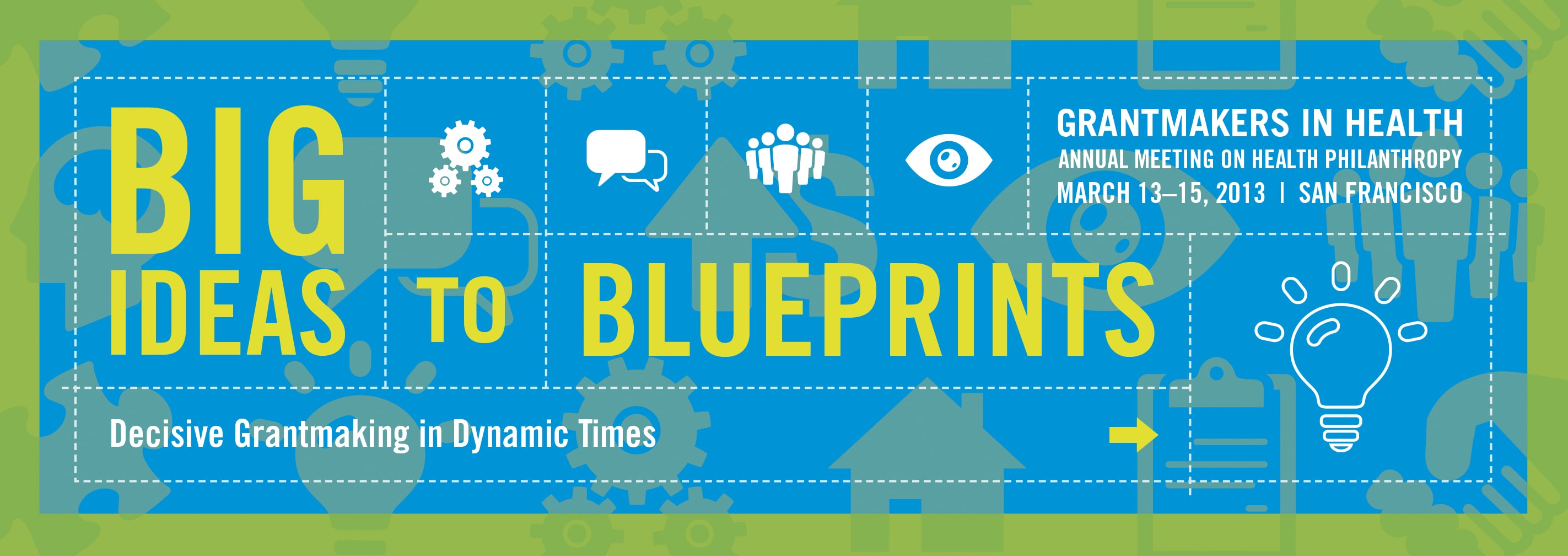Advancing Policy Advocacy through General Operating Support Grants
This audioconference discussed how foundations are effectively managing general operating support grants to advance health policy goals.
Aligning Our National Narratives During an Election Year and Beyond
The Communications Collaborative held a webinar to share the alignment of larger narratives around government and the economy and to provide state policy and advocacy networks access to the information and tools available to support their work.
A Strategic “Field Building” Approach to Advocacy Investments
This webinar examined the key dimensions of a strong advocacy field, reviewed how funders can diagnose gaps or weaknesses in an integrated field, and explored grantmaking strategies that help grantees contribute to and benefit from the field’s collective capacity.
Health Advocacy: Yes, No, or Maybe So?
Although engagement in public policy is viewed as a mission-critical strategy by an increasing number of health funders, many foundations are still considering whether and how they should support health advocacy efforts. This Issue Focus article briefly addresses some of the key questions foundations are likely to confront as they determine what role, if any, they should play in the public policy arena.
Why A Strong Public Sector is Important to Philanthropy
This webinar offered an in-depth examination of current public opinion on the role of government, specific examples of effective messaging, and a set of recommendations for how grantmakers can get involved.
Engaging Voters to Promote Health
This webinar considered the non-partisan activities that grassroots organizations conduct to increase voter registration and mobilization in traditionally under-represented groups and explored legitimate ways health funders can help support these efforts within existing legal boundaries.
Estimating “Return On Investment” for Policy and Advocacy Funding
This Audioconference explored the findings and methodology of NCRP’s recent report, “Leveraging Limited Dollars — How Grantmakers Achieve Tangible Results by Funding Policy and Community Engagement,” and considered the implications of this research for health funders.

